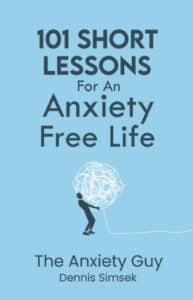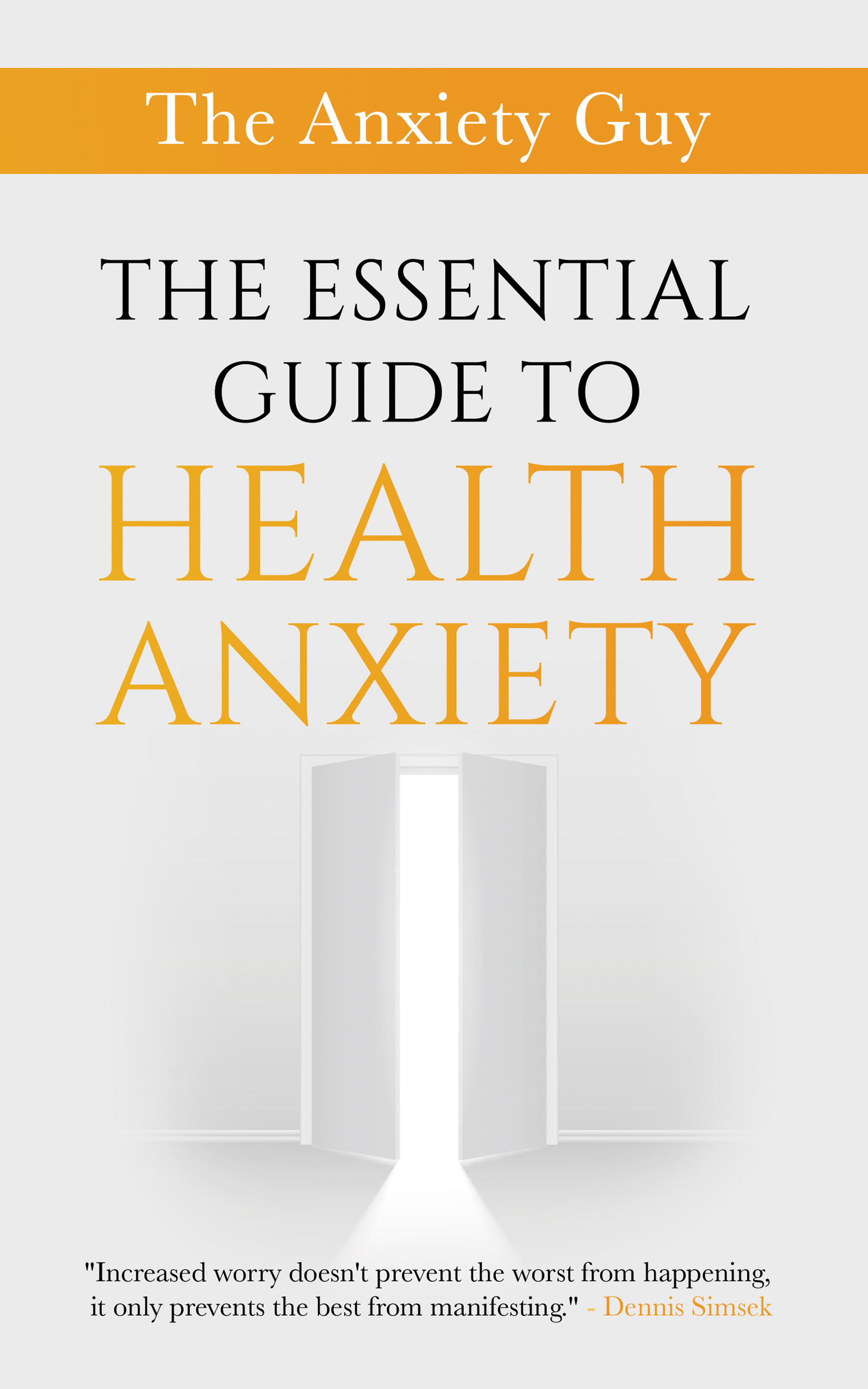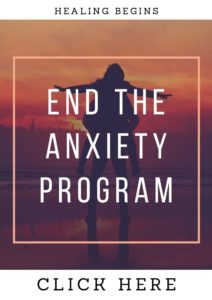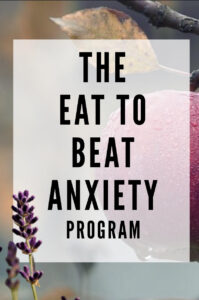Sometimes it’s not that you’re unmotivated, lazy, or broken. Sometimes your body is just stuck in survival mode and it’s doing its best to protect you.
This can look like chronic fatigue.
That heavy, hard-to-lift fog that no amount of rest seems to fix. It can show up as anxiety, where your heart races without warning, or your chest tightens before you’ve even gotten out of bed. And sometimes, it just feels like depression, like your spark is gone and nothing really matters anymore.
It’s easy to take these symptoms personally. To think there’s something wrong with you. But often, what you’re feeling isn’t a flaw, it’s a body doing exactly what it was wired to do: keep you safe.
The problem is, it doesn’t always know when the danger has passed.
If you’ve been through long periods of stress, trauma, or emotional chaos, your nervous system may have learned to live on high alert. Even if your life has calmed down on the outside, inside your body, the alarms are still ringing. That’s survival mode. And staying stuck there day after day is exhausting.
So what helps?
You don’t need to force your way out. In fact, that’s part of the problem. Many people try to push harder, be more productive, or “fix” themselves with intensity and unknowingly keep the nervous system on edge.
What your body actually needs is gentleness. Softness. A slower rhythm.
Start with your breath. Nothing fancy. Just lower and slower (this guided meditation on YouTube will help). When you notice yourself rushing, stop. Take a moment to feel your feet on the ground and breathe a little deeper, not dramatically, just gently. You’re not trying to control your breath, you’re inviting calm back in.
It’s also time to get honest about the inner voice that pulls you into extremes, the part of you that says, “You have to do everything perfectly,” or “You can’t stop now or you’ll fall behind.” That’s your protector. It means well, but it’s keeping you locked in survival mode. You can deny its urgency without denying yourself.
One powerful shift? Start saying no to things you’ve always said yes to, the things that drain you or the ones you do out of guilt. Boundaries don’t make you selfish. They give your body space to breathe again.
If you can’t do something twice with consistency and kindness, maybe it’s not meant for now. That applies to healing routines, workouts, plans with friends, even habits. Choose what supports regulation not perfection.
Most of all, stop thinking there’s something wrong with you. There isn’t. This is your body asking for help in the only way it knows how.
Let your healing be soft. Let your actions be kind. Let your thoughts be gentle. That’s how the body begins to feel safe again. And when it feels safe, it can finally let go.



















